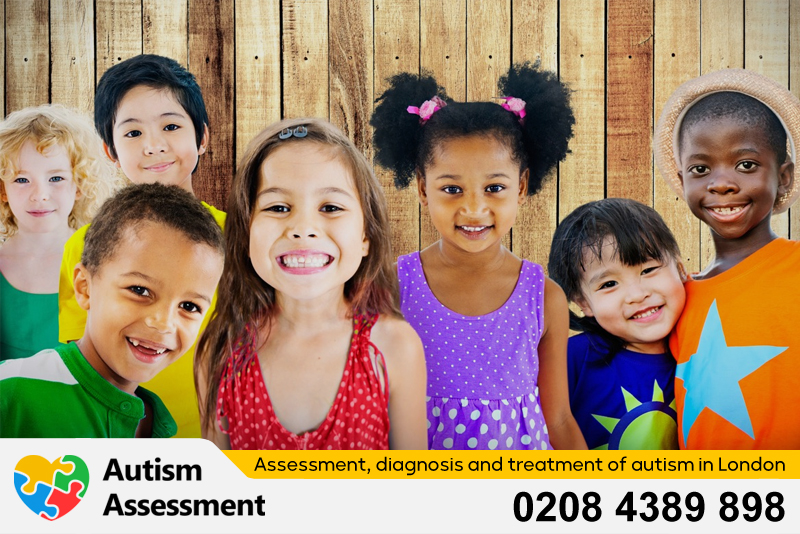The Relationship Between Autism and Trauma
Autism Spectrum Disorder (ASD) is a developmental condition characterized by challenges with social skills, repetitive behaviors, speech, and nonverbal communication. The causes of autism are complex and multifaceted, involving a combination of genetic and environmental factors. One question that often arises is whether trauma can cause autism.
Current research indicates that autism itself is not caused by trauma. Autism is generally understood to have a strong genetic basis, and it is present from early development, typically recognized in the first two years of life. However, the relationship between autism and trauma is an area of increasing interest and study within the psychological and medical communities.
Individuals with autism may be more vulnerable to experiencing traumatic events due to difficulties with sensory processing, communication, and social interactions. This increased vulnerability can lead to a higher incidence of traumatic experiences, such as bullying, abuse, or neglect. Studies have shown that a significant percentage of adults with autism may have severe trauma histories, and this can have profound effects on their mental health and well-being.
It is important to note that while trauma does not cause autism, it can exacerbate existing challenges or contribute to the severity of symptoms. For instance, traumatic experiences can worsen anxiety, depression, or stress responses in individuals with autism. Moreover, there is a growing recognition of the need to address the high rates of trauma, especially in women with autism, and to incorporate this understanding into autism awareness and treatment strategies.
The intersection of autism and trauma is complex, and it underscores the importance of providing appropriate support and interventions for individuals with ASD who have experienced trauma. This includes recognizing the signs of post-traumatic stress disorder (PTSD) and ensuring that therapeutic approaches are tailored to the unique needs of autistic individuals.
In conclusion, while trauma does not cause autism, the experiences of individuals with autism who have endured trauma deserve attention and care. Understanding the nuances of how trauma can affect those with autism is crucial for developing effective support systems and improving the quality of life for those on the spectrum.
For more detailed information and studies on the subject, you can refer to the articles on Psychology Today and Spectrum, as well as research summaries provided by organizations like Cross River Therapy and Supportive Care ABA.



